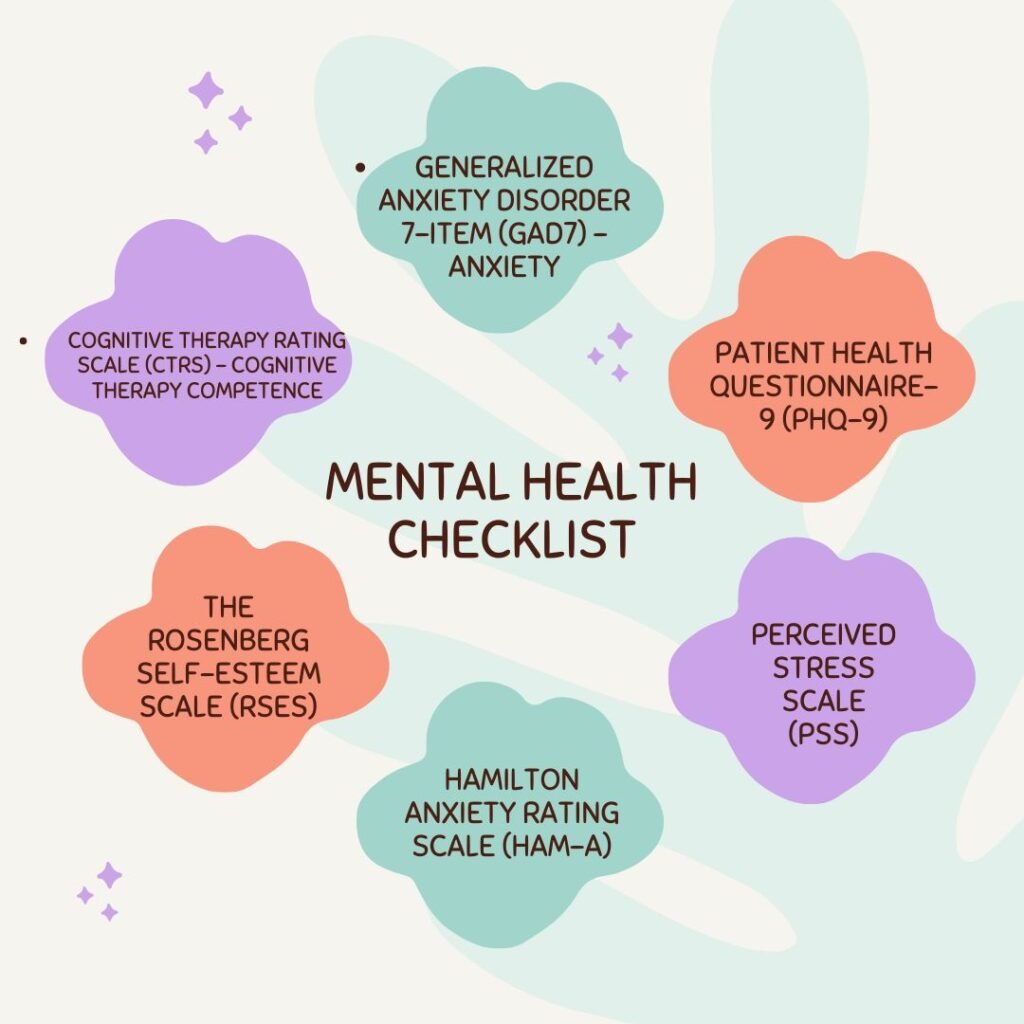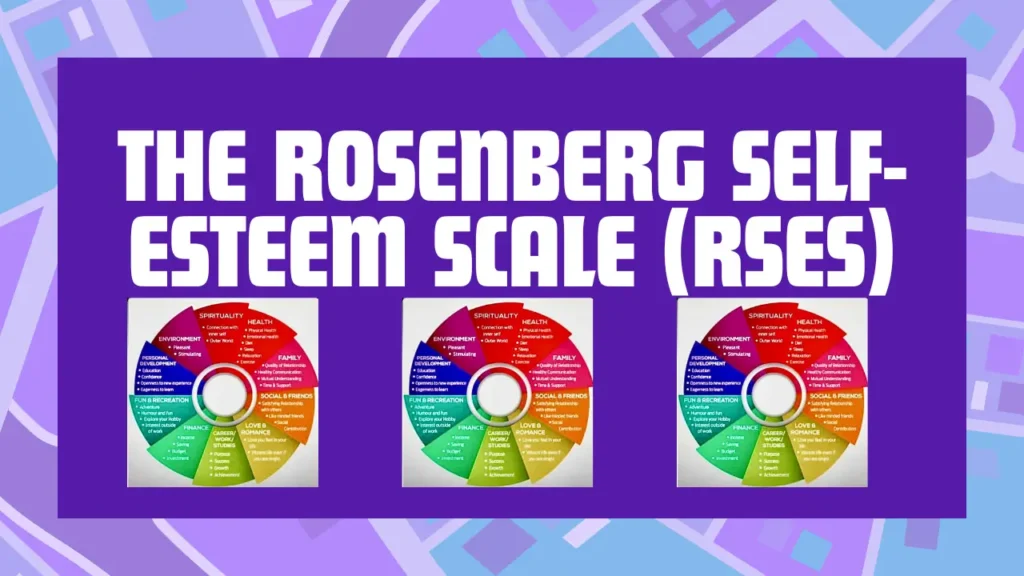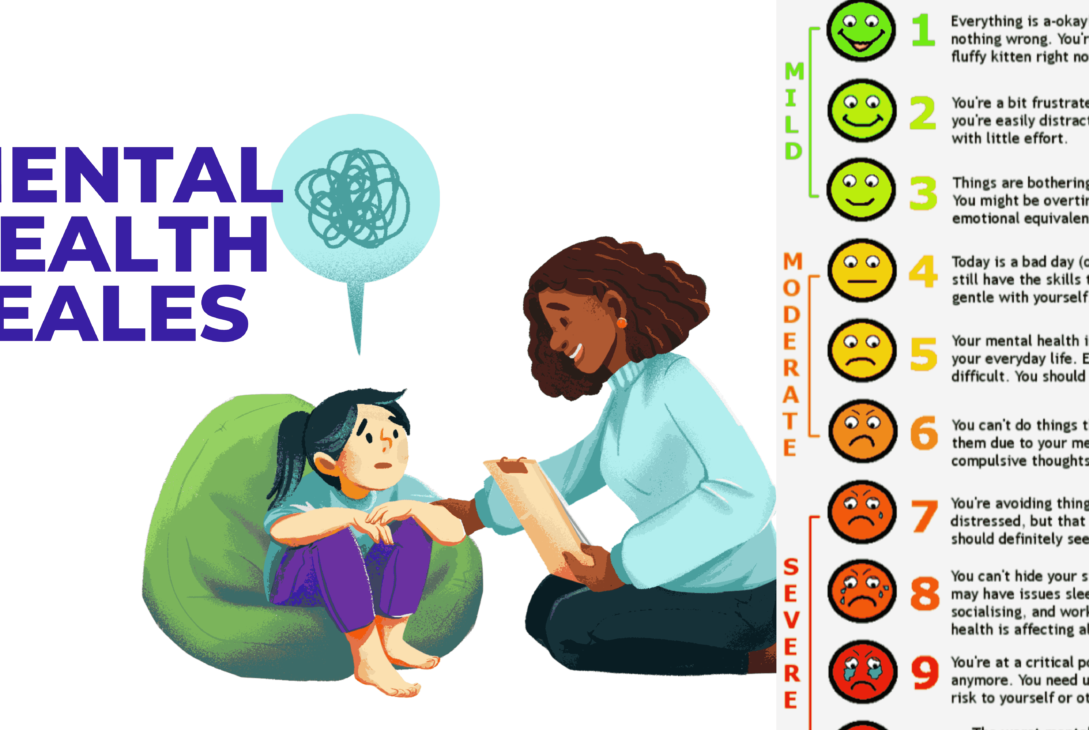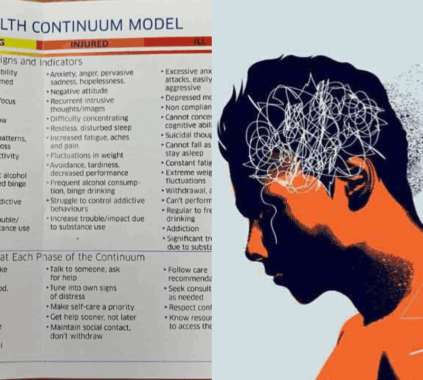| The condition of other organs depends on the condition of the body and soul. Like one’s physical health, it is necessary to evaluate the need and identify problems that may require help occasionally. But even though mental health scales specialists employ a variety of tools for diagnosis and treatment, self-assessment scales are a practical idea for any person. These measures may give you some idea of the state of your mind presently and highlight any problem that may exist. |
What are Mental Health Scales?
There are accepted questionnaires, specifically called mental health scales used in assessing various aspects of Mental Health Scales.rating scale They mostly consist of a series of questions or statements accompanied by response options that might use a number scale or range from strongly disagree to strongly agree; for your responses, you are given specific criteria to rate against based on which you get an intensity score of a particular symptom or your overall mental health.
The Advantages of Mental Health Scales
Early Recognition: | Early symptom detection is a major advantage of using mental health scales. The likelihood of recovery can be increased and symptoms can be kept from getting worse with early intervention. |
Tailored Attention: | Customized care is made possible by these scales. Mental health specialists can customize treatment strategies to meet your needs by having a thorough awareness of your unique symptoms and their intensity. |
| Self-determination: You may take charge of your mental health by using mental health scales. It instills a sense of accountability and ownership, promoting proactive wellness management. |
Important Points to Consider
Although mental health scales are a useful tool, it’s important to keep in mind a few important points:
Diagnosis: | These scales cannot be used for diagnosis. For an accurate diagnosis and treatment plan, it’s critical to speak with a trained expert if you think you may have a mental health issue. | |
| Accuracy | Your honesty in responding to the questions will determine how accurate your results are. | |
| Limitations | The complete picture of your mental health is not captured by scales. Your reactions may be influenced by things like current events and life difficulties. |
Common Mental Health Scales

Beck Depression Inventory (BDI)
The Beck Depression Inventory (BDI) is one of the most widely used tools for assessing the severity of depression.Mental Health Scales Developed by Dr. Aaron T. Beck, it consists of 21 multiple-choice questions that evaluate symptoms such as mood, pessimism, and physical symptoms of depression.
| Purpose | To measure the intensity of depression. |
| Usage | Commonly used in clinical settings and research. |
| Scoring | Each item is scored on a scale of 0 to 3, with higher total scores indicating more severe depression. |
Generalized Anxiety Disorder 7 (GAD-7)
Mental Health Scales The Generalized Anxiety Disorder 7 (GAD-7) scale is used to screen for and assess the severity of generalized anxiety disorder. It comprises seven items that focus on common anxiety symptoms.
| Purpose | To identify and measure the severity of anxiety. |
| Usage | Used in both clinical and non-clinical settings. |
| Scoring | Each item is rated on a scale of 0 to 3, with a maximum score of 21. Scores of 5, 10, and 15 represent mild, moderate, and severe anxiety, respectively. |
Patient Health Questionnaire-9 (PHQ-9)
The Patient Health Questionnaire-9 (PHQ-9) is a self-administered tool used to screen for depression and assess its severity. It is based on the diagnostic criteria for major depressive disorder.
| Purpose | To screen for depression and measure its severity. |
| Usage | Widely used in primary care and Mental Health Scales settings. |
| Scoring | Each of the nine items is scored from 0 to 3, with a maximum score of 27. Scores of 5, 10, 15, and 20 indicate mild, moderate, moderately severe, and severe depression, respectively. |
Perceived Stress Scale (PSS)
The Perceived Stress Scale (PSS) measures the perception of stress over the past month. It is a widely used psychological instrument for assessing stress.
| Purpose | To assess perceived stress levels. |
| Usage | Applicable in both research and clinical practice. |
| Scoring | Consists of 10 items scored on a scale of 0 to 4. Scores range from 0 to 40, with higher scores indicating greater perceived stress |
The Warwick-Edinburgh Mental Wellbeing Scale (WEMWBS)
The Warwick-Edinburgh Mental Wellbeing Scale (WEMWBS) is designed to measure mental well-being in the general population. It focuses on the positive aspects of mental health.
| Purpose | To assess overall mental wellbeing. |
| Usage | Used in public health research and by health professionals. |
| Scoring | Comprises 14 items, each scored from 1 to 5. The total score ranges from 14 to 70, with higher scores indicating better mental wellbeing. |
Hamilton Anxiety Rating Scale (HAM-A)
The Hamilton Anxiety Rating Scale (HAM-A) is one of the first rating scales developed to measure the severity of anxiety symptoms. It assesses both psychological and physical symptoms of anxiety.
| Purpose | To evaluate the severity of anxiety symptoms. |
| Usage | Commonly used in clinical research. |
| Scoring | Consists of 14 items, each scored on a scale of 0 to 4. The total score ranges from 0 to 56, with higher scores indicating more severe anxiety. |
The Rosenberg Self-Esteem Scale (RSES)

The Rosenberg Self-Esteem Scale (RSES) measures global self-esteem.Mental Health Scales It is a widely used tool for assessing an individual’s overall sense of self-worth.
| Purpose | To assess self-esteem. |
| Usage | Utilized in both clinical and research settings. |
| Scoring | Comprises 10 items scored on a 4-point scale. Scores range from 0 to 30, with higher scores indicating higher self-esteem. |
The Mini-Mental State Examination (MMSE)
The Mini-Mental State Examination (MMSE) is a brief 30-point questionnaire used to assess cognitive impairment.mental Health Scales It is commonly used in the diagnosis of dementia and other cognitive disorders.
| Purpose | To screen for cognitive impairment. |
| Usage | Frequently used in clinical settings for elderly patients. |
| Scoring | The total score ranges from 0 to 30, with lower scores indicating greater cognitive impairment. |
Real-Life Examples
Sarah’s Journey with BDI
Sarah, the 35-year-old teacher, began to use BDI after having constant feelings of sadness, and losing interest in the activities she used to enjoy. Using the scale for her condition,mental Health Scales she came to see just how bad her symptoms were and get some help from the medical profession. Thus, previously described therapy and medication allowed Sahar’s condition to considerably improve.
Mark’s Experience with GAD-7
Mark is a 28-year-old engineer who used GAD-7 to track his anxiety signs. The scale enabled him to gauge relative levels of anxiety and pinpoint sources of stress that have considerably caused anxiety by working with his therapist to find ways of managing it.
Lisa’s Use of PHQ-9
PHQ-9 was useful for monitoring Lisa’s depressive symptoms; she is 42 years old and works as a writer. It was pointed out that through the use of the scale, she could document progression and then work further on this with her doctor as to how her treatment Mental Health Scales should be fine-tuned.
Conclusion
Follow and know your psychological mental Health Scales for a comprehensive health check. Mental health scales are formal and objective means of measuring one’s mental condition and its changes. No matter whether the person is struggling with signs of depression, anxiety, or other related disorders, the scales used can help in providing useful information to seek the right treatment.







